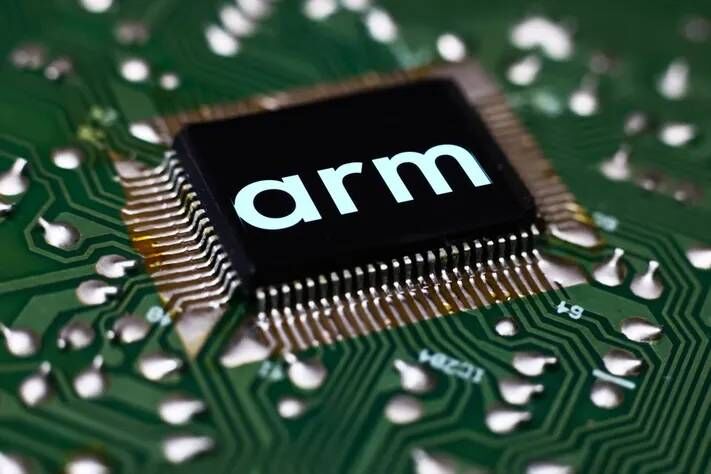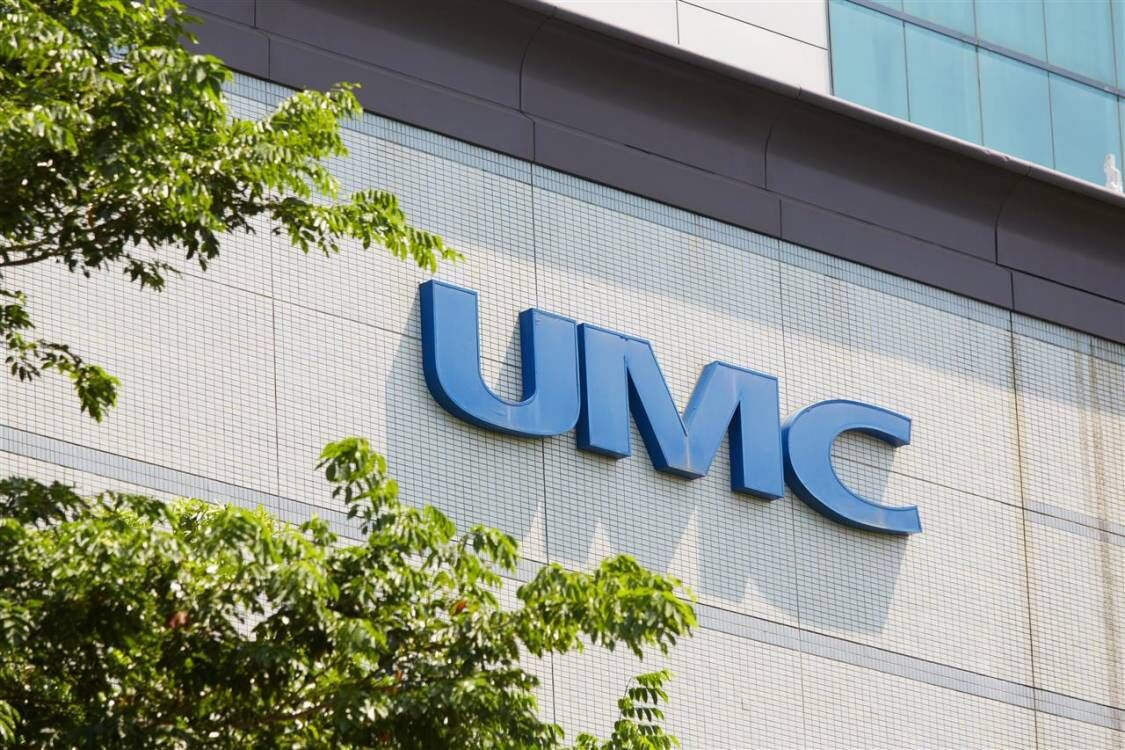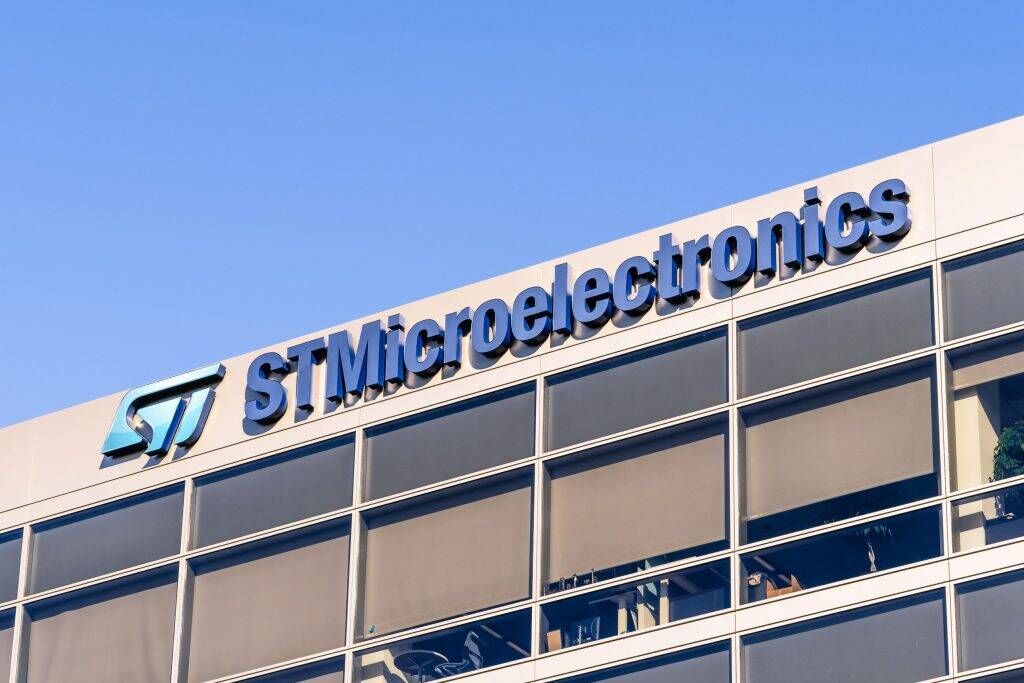January 15, 2025 /SemiMedia/ — Chip technology supplier Arm is reportedly planning significant adjustments to its business model, including increasing licensing fees by up to 300% and exploring the design and production of proprietary chips. These moves could have major implications for its core clientele.
Arm, which has historically earned billions annually through licensing its technology, remains relatively small compared to its customers. In the 2024 fiscal year, Arm generated $3.23 billion in revenue, while its key client Apple achieved hardware revenues more than 90 times greater.
To address this disparity, Arm launched the "Picasso" initiative, aiming for substantial revenue growth over the next decade. The plan involves increasing licensing rates for its latest computing architecture, Armv9. Internal documents from 2019 reveal discussions among Arm executives about a potential 300% fee hike.
However, this strategy may not impact all customers equally. Major clients like Apple and Qualcomm, equipped with advanced technological capabilities, can bypass Arm's standard offerings by designing their chips from scratch.
Beyond licensing adjustments, Arm is considering venturing into chip design and production. Company leaders have discussed creating complete chip designs and chiplets—smaller components used in advanced processors. This move would position Arm as a direct competitor to its own customers.
Arm CEO Rene Haas acknowledged in internal discussions that entering the chip market could pose challenges for clients like Qualcomm. Still, he later described these discussions as part of long-term strategic debates rather than immediate plans.
Industry analysts suggest that the prospect of Arm manufacturing its chips could unsettle its customers. Although Arm has not yet entered the chip production business, the possibility has garnered significant industry attention.
These initiatives reflect Arm’s efforts to strengthen its business model and maintain its technological leadership, laying the groundwork for future growth.












All Comments (0)